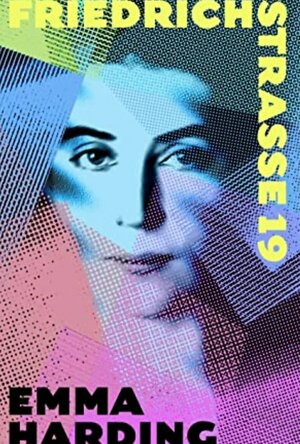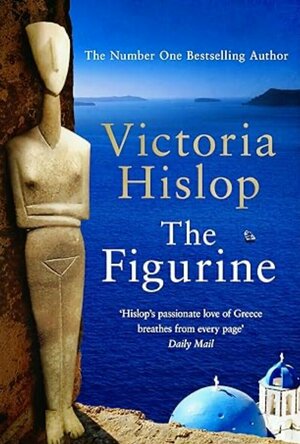
The Figurine
Book
When Helena inherits her grandparents' apartment in Athens, she is overwhelmed with memories of the...
Historical fiction Greece antiquities
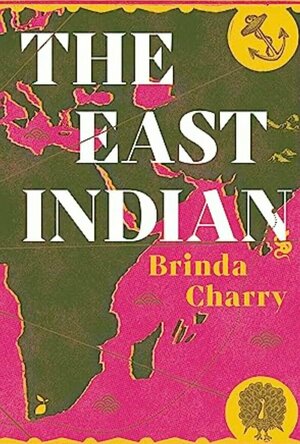
The East Indian
Book
Meet Tony: the first Indian to set foot on American soil. Among the settlers, slaves, and...
Historical fiction
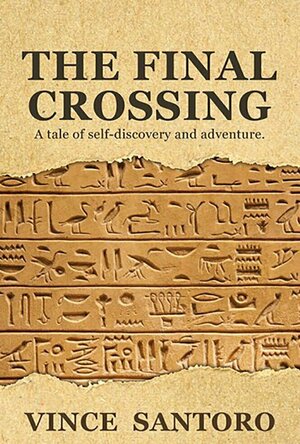
The Final Crossing: A Tale of Self-Discovery and Adventure by Vince Santoro
Book
In this tale of self-discovery and adventure, we are connected with a history we've come to know as...
Historical Fiction
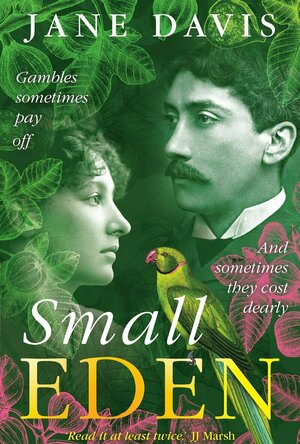
Small Eden
Book
A boy with his head in the clouds. A man with a head full of dreams. 1884. The symptoms of...
Historical Fiction 1864-1910
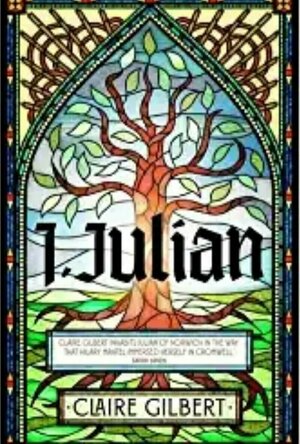
I, Julian
Book
In 1347, the first pestilence rages across the land. The young Julian of Norwich encounters the...
Historical Fiction
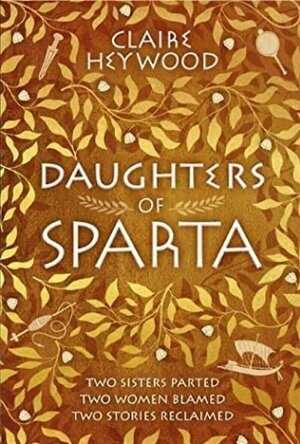
Daughters of Sparta
Book
Two sisters parted. Two women blamed. Two stories reclaimed. As princesses of Sparta, Helen and...
Historical fiction Greek Mythology Retellings Greece
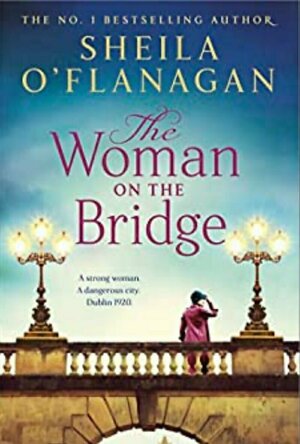
The Woman on the Bridge
Book
Dublin. The 1920s. As war tears Ireland apart, two young people are caught up in events that will...
Historical fiction Ireland
ClareR (6062 KP) rated Friedrichstrasse 19 in Books
Jun 11, 2023
All intriguing characters and stories that give a glimpse into urban life in Berlin, as well as its history. It probably helped that I was familiar with the history of Germany generally (thanks to a German degree many years ago!), and I make a point of reading fiction set in Germany when/ if I come across it. And this is a pleasure when I come across books like Friedrichstrasse 19!
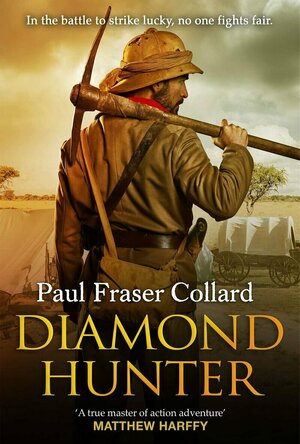
Diamond Hunter (Jack Lark #11)
Book
JACK SOLDIER, LEADER, IMPOSTER. The eleventh book in the gripping military adventure series for...
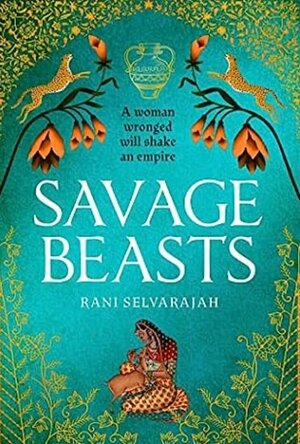
Savage Beasts
Book
Bengal is on the brink of war. The East India Company, led by the fearsome Sir Peter Chilcott, are...
Historical fiction Mythology Retellings India Colonialism
